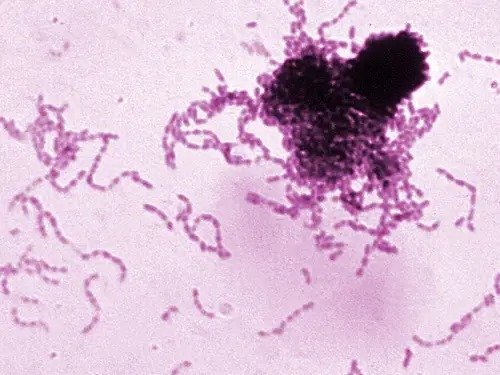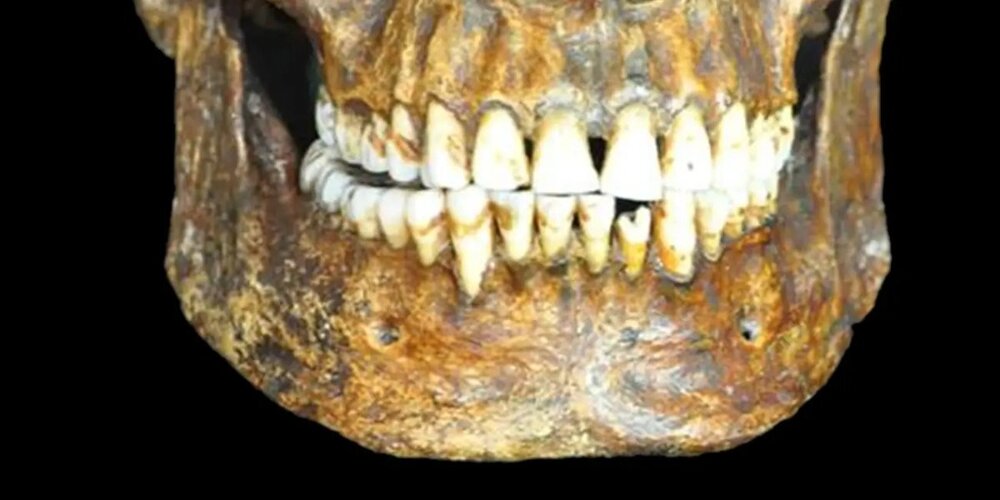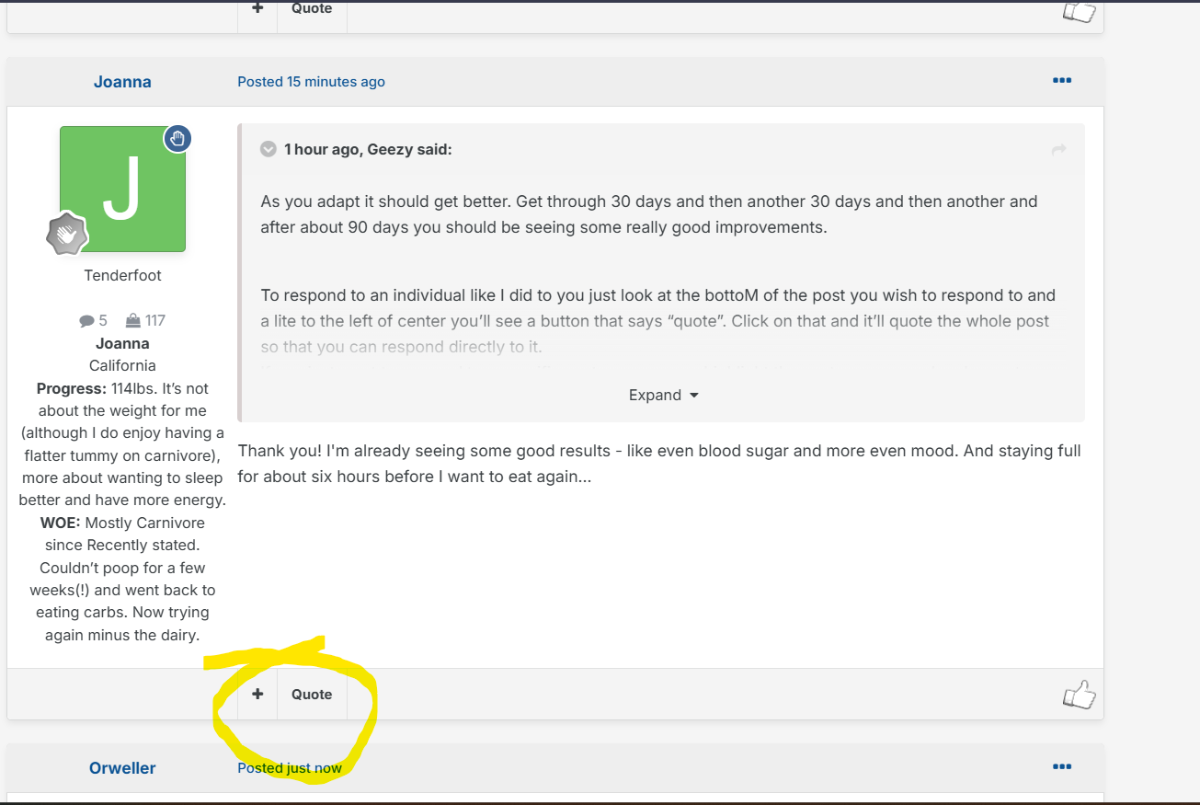Today is the first day of January and is also the first day of World Carnivore Month. To that end, let's challenge ourselves to eat a carnivore diet for the entire month of January. The type of carnivore diet and the level of strictness you choose to do is entirely up to you. Examples of carnivore diets include the following...
1) The Lion Diet. A person eating the Lion Diet only consumes the flesh of ruminant animals, water, and salt.
2) The BBBE Diet. BBBE is an acronym for Beef, Butter, Bacon, and Eggs.
3) The Carnivore Diet. This allows for the consumption of any and all animals and animal by-products, including dairy.
In any of the above examples, the object of course is to not consume any plants as part of your diet. Of course, we're not going to micromanage hoe you prepare your food, so your use of seasonings is entirely your own personal choice.
IF your circumstances don't allow you to go full on carnivore in January, then you can participate in this topic by challenge yourself to do better, above and beyond what you have been doing. For example, if you have still been eating grains, seed oils, refined sugar, or drinking alcohol, challenge yourself to avoid these items and just eat a clean, single ingredient whole foods diet such as clean keto, ketovore, or animal based.
We encourage you to check in daily, and share what you have eaten, perhaps a weigh-in if you're willing, and enjoy in some small talk. Participants in this topic will be entered into a drawing for a prize at the end of the month.










Agriculture is the bedrock of civilization but created a nightmare for our teeth
The agricultural revolution changed everything, and it's tough to overstate this fact.
No longer tethered to roaming animal herds, or reliant on foraged berries, learning to grow our own food some 10,000 years ago allowed (and forced) us to settle down.
But that crucial Neolithic shift came with a cost that haunts humanity to this day: It devastated our teeth.
Farming grains and other carbohydrate-rich foods freed up a lot of time for our ancestors. In turn, this helped spur the development of culture, art, trade, science, and all the other things that go into complex human civilization (like news sites you read on the internet).
Yet this flood of carbs made our mouths — long-adapted to a more complex diet — a fertile breeding ground for one type of bacteria called Streptococcus mutans.
S. mutans is most commonly associated with cavities and tooth decay. It feeds off the carbs, including sugars, that get stuck in our teeth, metabolizing them into lactic acid. This acid then eats away at dental enamel and rots our teeth.
The bacteria is basically built for the human mouth, and is passed down from mothers to children during infancy.
However, our teeth hadn't really evolved to deal with it in large numbers, and researchers used genetics to discover that, around 10,000 years ago, S. mutans started to grow exponentially — right in time with the rise of agriculture.
After that first Neolithic bump for S. mutans, bacterial diversity in the human mouth pretty much remained consistent through the Middle Ages.
Our initial switch to farming wasn't the only time we gave a boost to S. mutans, though. During the Industrial Revolution 150 years ago, another major agricultural shift occurred: We introduced an enormous amount of processed flour and sugar into our diets.
This lit the powder keg we'd built for S. mutans, helping it crowd out other bacteria species to become the dominant dental bacteria, form stubborn and gnarly plaques of biofilm, and more rapidly chew away at our teeth.
ARTICLE SOURCE: https://www.businessinsider.com/growing-crops-human-cavities-increase-2016-3
Subscribe to Carnivore Talk on YouTube | Be our guest on the channel | Leave me a voicemail, yo!